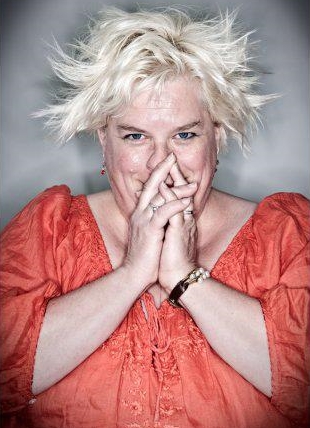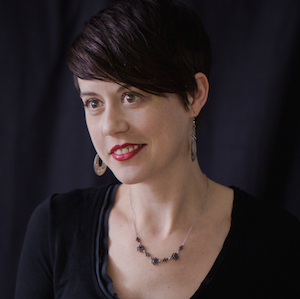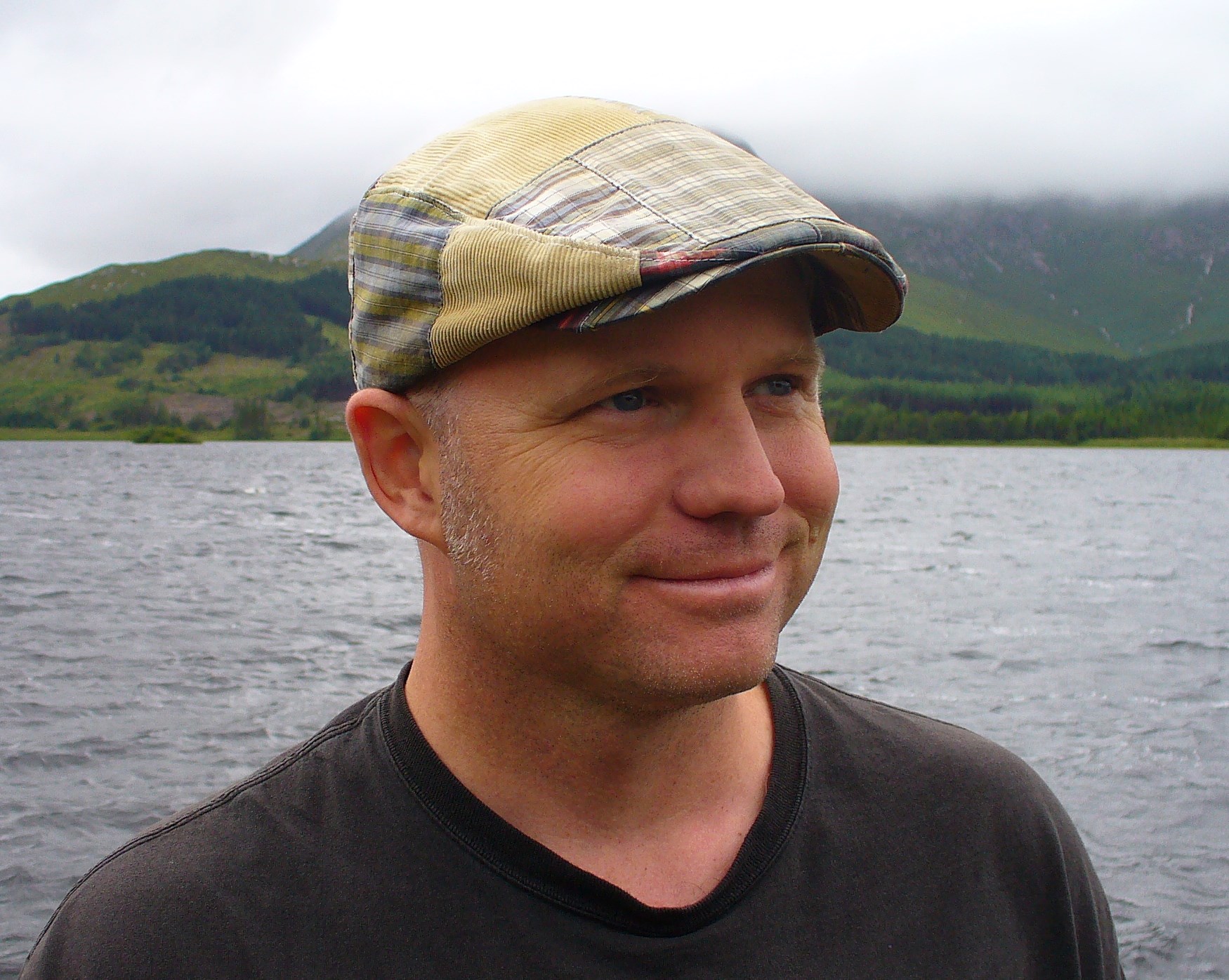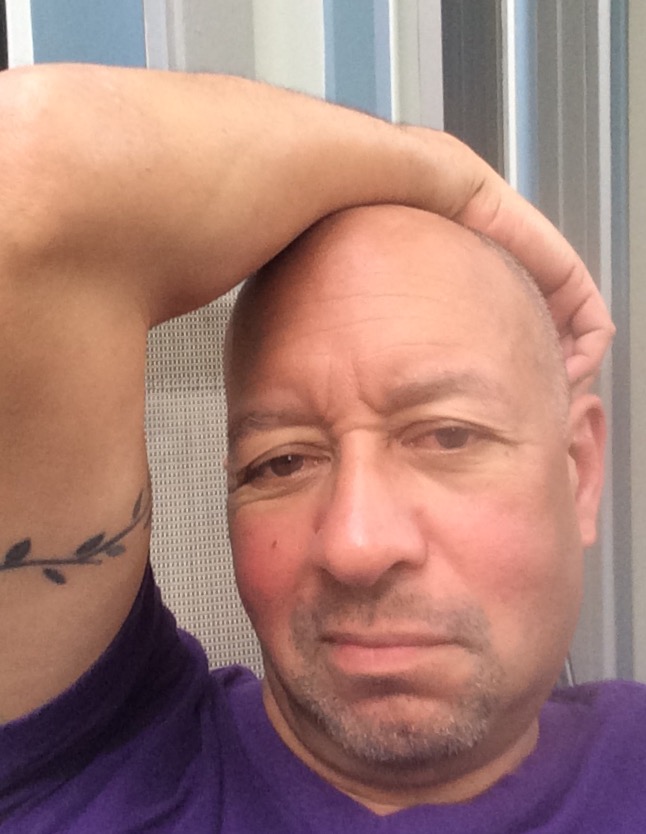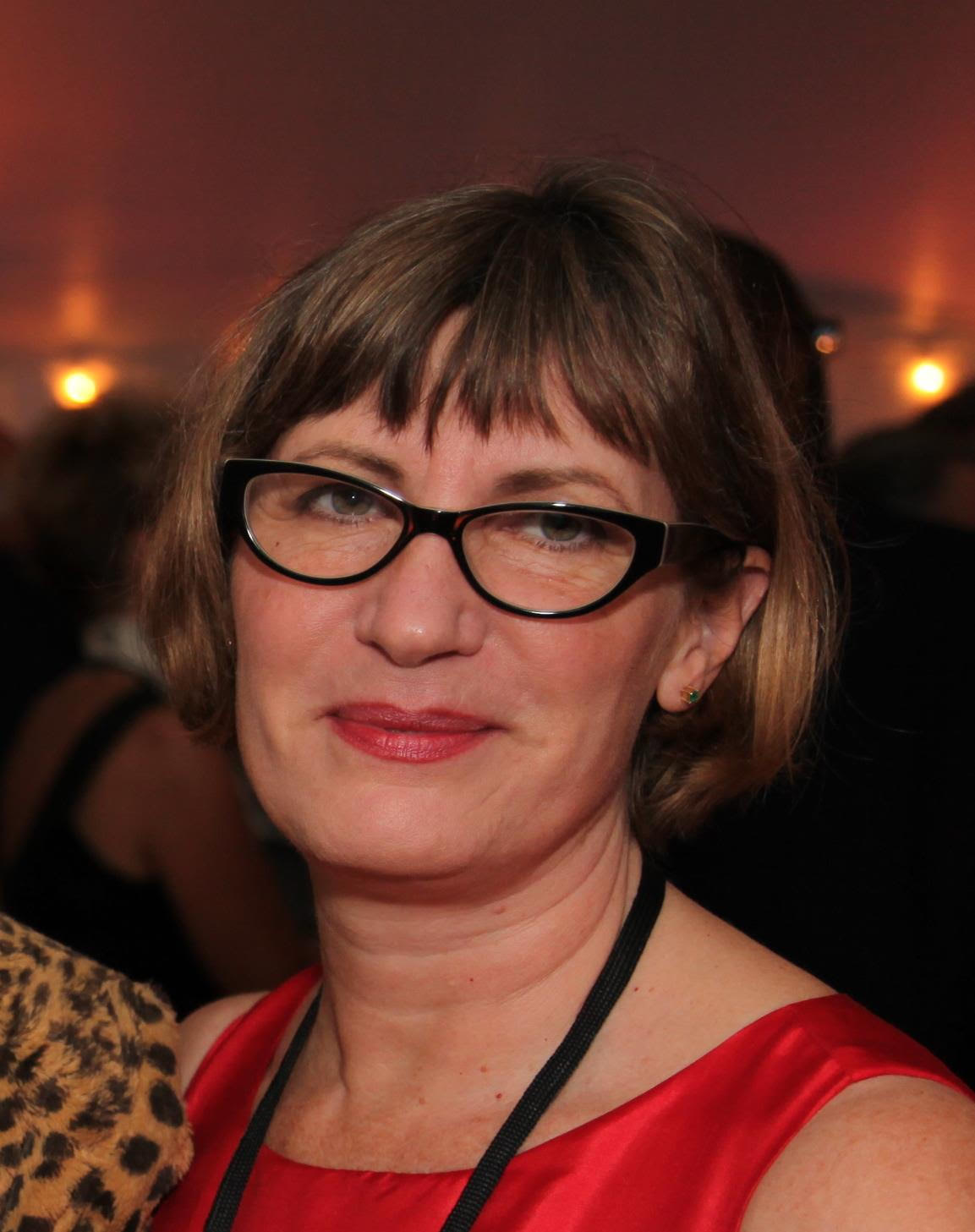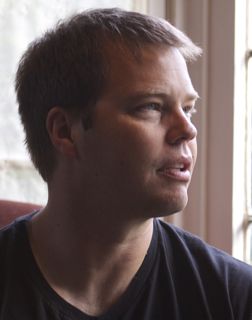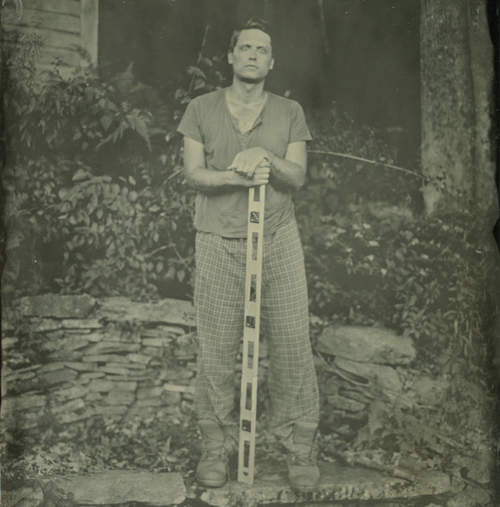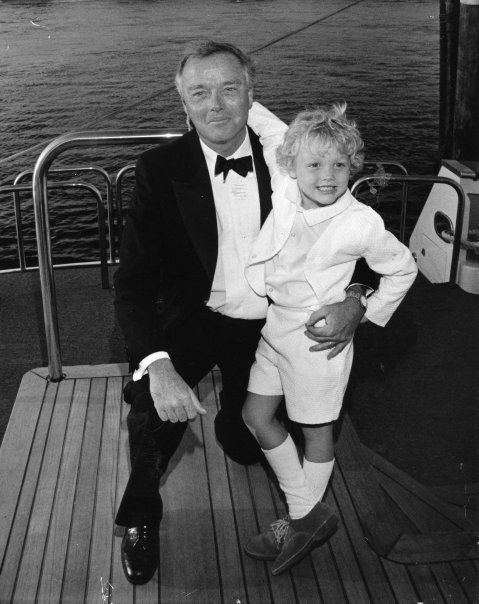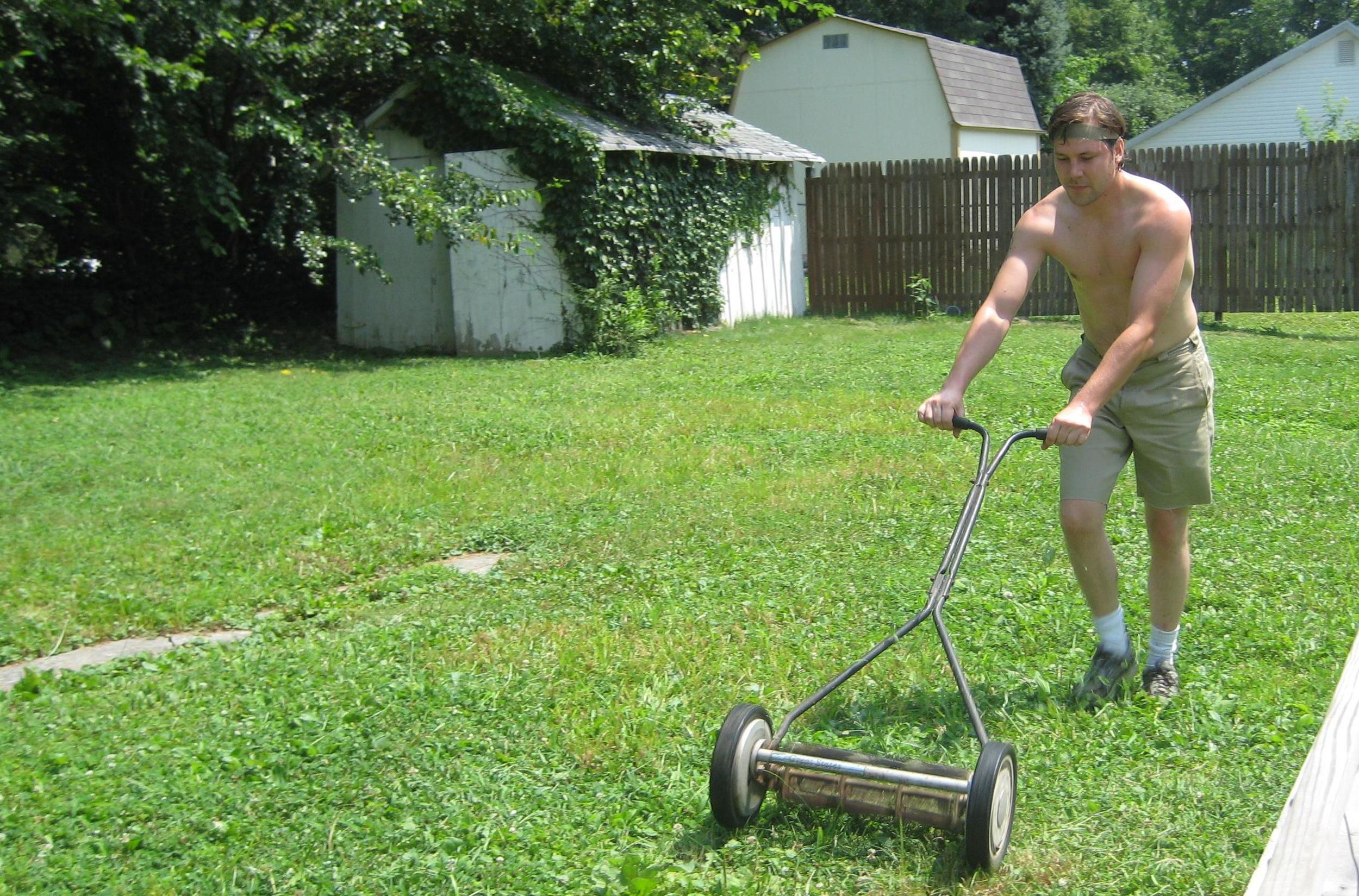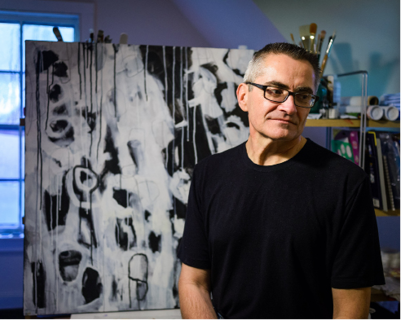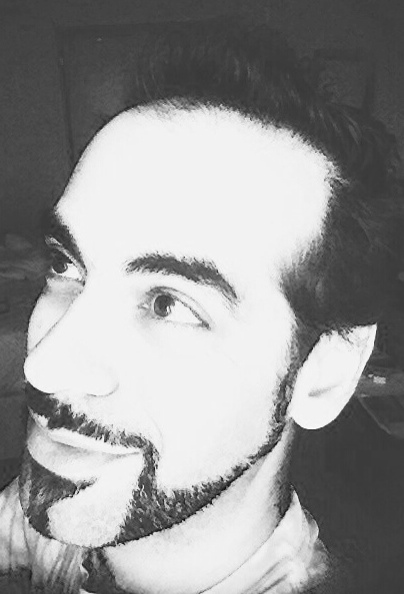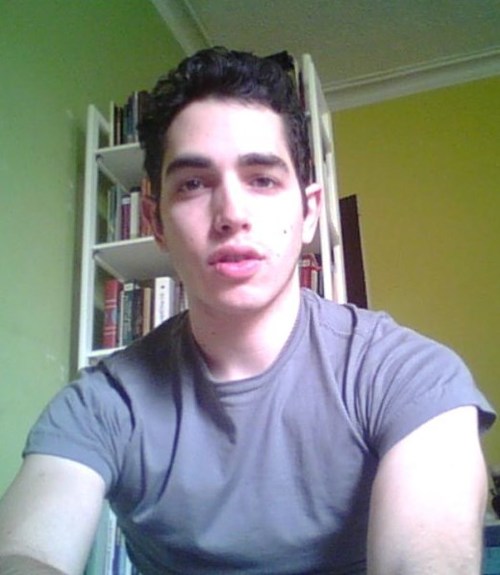Issue 2
Issue 2 of Jam Tarts, a fresh, new digital magazine dedicated to good writing and writing about good writing
What's Next?
What a wonderful and dreadful question. Something's over. Something else starts. And before we know it, we're off. One foot, then another. One generation, and so on. That there's something after, even if it's after us; that then follows if... like thunder after lightning; that the answer raises even more questions. Whatever's next is both frightening and hopeful.
Welcome to the next issue: Jam Tarts #2
Like most things that happen in the future, this second issue of Jam Tarts wasn't inevitable. That it would be, that it is, that it has come about at all, is also the theme of this issue: What's next?
What's next? is also an extension of the central theme of this magazine: questioning tastes. We've had our poems. We've read the prose, too. There's been one big issue, and then a mid-issue update. We've talked about good writing, and not-so-good writing. So, what now? Will the second issue build on the first? Which parts? Or, will it undo it all? Surpass it? Deviate from it? All of the above?
Some might call this literary pang the "anxiety of influence" (thanks, Harold Bloom), even if it's our own influence that's making us feel uncomfortable. Or, as Evan Commander writes in his poem "The Ethics of Panic", "It's taken so long to know what I want and all / I know is any minute I'll want something else."
As I started selecting and re-selecting works for this fall issue, however, I found that each piece seemed to grapple with the same questions. Once I read them all together, along with the literature I planned to carry forward from the summer update (#1.5), sure enough, the poems, short stories, the review and the interview, they all appeared to be circling the same subject matter: the nature of time -- and our timeless, human intentions.
If there's a starting place to Issue #2, it could be found in "The Number Line". Here, poet and visual artist Lynn Stanley lays it out plainly for us: "Infinite, the teacher / says as she looks both / ways ...." In any case, the infinite is as good a place as any to start.
Or you could start with Martin Ott's "The Island of Escalators", where the beginning seems to have come and gone, long ago.... Now, there's nowhere to go but up and up: "Who can remember the days / before endless lift, serrated steps // the apostles of past eras fueling / an epoch?" Sometimes I read this poem and think, this realm of endless progress -- that's exactly where we are today. And today is certainly another good place to start.
But, if you'd rather jump to the end, if you need to know what's truly motivating all this movement, then you'll definitely want to start with the poem in this issue that's all about desire, "Missussa on halu"/ "There is a desire in me", beautifully written and translated by Finnish writer Rita Dahl.
Of course, sometimes, desire isn't enough. Tools may be required. Tools, like words, words like "poetry / on the tips of fence spears," which carry desire from here to there, as they do in the poem "And Then At Times", by Charles Bane, Jr.
Then again, some might think such romance -- or the Romantic -- is no way to begin. Or end. After all, as modernists we've been trained to wonder, What happens after love "finds a way"? What then? Will there be no room left for questioning? (How can you even ask that?) OK. If that's where you're starting from, read Tim Suermondt's poem "The Next Leg", and then let's talk.
“A good palate is not tried by strong flavors; but by a mixture of small ingredients, where we are still sensible of each part, notwithstanding its minuteness and its confusion with the rest.”
These two poems, by Bane and by Suermondt, offer an interesting study in contrast, while Yahia Lababidi's poem "Ramadan" is itself a study in contrast: a"month of quiet strength / and loud weaknesses" ... "testing our appetite / for transfiguration". Change is, as they say, hard. And inertia can have its own imaginative hold on us: Think about things for too long, and you can end up thinking in circles, (see also: Amanda William's deeply intriguing poem, "In Orbit").
Rounding out our new poetry is "Snow" by Chad Sweeney, in which the poet seems to be on a quest for something that continues to transform. And when or if it's found, what then?
And then at last, we have a stellar collaboration that's been extended between Christopher Citro and Dustin Nightingale. Their first two poems from this sequence (is it a sequence?) appeared in #1.5. Now, there are four more, which of course changes the overall composition. These six poems can be read in any order, yet they hold together -- and they hold up. The associative nature of these poems is terrific to work through, and is rewarding.
Speaking of any order: I'm proud to publish a fabulous short story in this issue from Annie Gauger, which I first heard her read in Boston 15 years ago. It's hard to believe, given our recent advances in equality, but the political climate 15 years ago was very different then for LGBT people. Back then, I never thought I'd marry another man; the narrative was simply unavailable. And yet, there was Annie, reading this story in 2000. And oddly enough, here I am today, in 2015, happily married for the past six years to my husband. So one might think a story like "Uncle Nancy" would have less cultural significance nowadays, perhaps less of an impact, but... I tell you, when I read this story today, it still does a number on me. It's a timeless story, as it turns out.
Meanwhile, Beth Gilstrap's short story "Regarding Suebelle" offers a different perspective on domestic life. This fiction isn't for the faint of heart. Because, while they say you have to make your own happiness -- no one ever says how far you're allowed to go. And somewhere in the countryside, Suebelle, she, well... you'll just have to read to find out.
And don't forget to check out our digital exhibit, "Unreal Landscapes", created from the beautiful art of Tom Hlas. Tom's art is also woven into the design of the website itself, which I hope you enjoy as you browse.
My interview with poet Carl Phillips also covers some interesting ground. And it's a good place to start, or end, especially if you like questions -- and cocktails. What've you got to lose? (That's also a subject we cover.)
Last but not least, I've carried forward from the summer issue "Notes on Rome", a brilliant piece of pragmatic criticism by Nathaniel Rosenthalis. Because if you haven't read it yet, you really should. This lyric essay also embodies the theme of this issue: once you've loved something -- and hated it, and then loved it again -- what's next?
Remember: if you like something you read here, please share widely with your family, friends and classmates. For the future of literature and art, like it or not, is up to us. All of it. It all depends on each of us turning to one another, from time to time, to say simply, very simply, "Hey, this is good. Try this... now try this."

